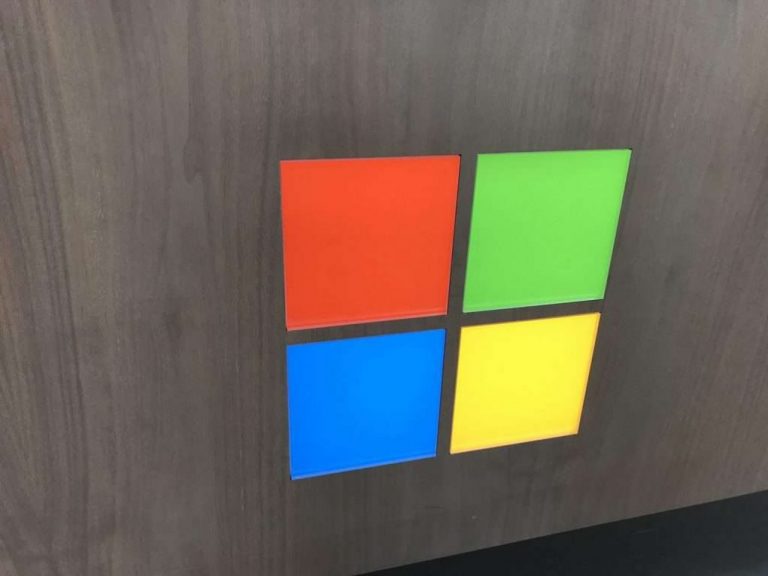Microsoft has long been involved in a lengthy legal battle with the United States Government over the emails stored on Irish servers from a user who was alleged to be part of the Silk Road. With Microsoft winning a recent appeal, the company has used the case to argue that U.S. federal or state law enforcement cannot use search warrants to seize emails of citizens of foreign countries that are located in data centers outside the United States. In a new step, today, it was announced that the U.S. Supreme Court will hear the Microsoft’s Irish email access case as part of a review of Microsoft’s recent victory.
The review from the Supreme Court will mark a significant step in the case, as it will once again put the issue at the forefront of the news. Microsoft noted that it will continue to press the U.S. government for its use of the 1986 Communications Privacy Act in the case, which it believes “was never intended to reach within other countries’ borders.” The company finds this law was made before cloud computing existed, noting four key reasons why they’re challenging the DOJ.
- It contradicts the basic premise that before a U.S. statute reaches across another country’s borders, it should be clear that’s what Congress intended when it passed the law.
- We disagree with the premise of the government’s argument in favor of the warrant that customer email is the property of the email provider, not the customer, which would cause people to lose their rights when they go online.
- It creates conflicts with the laws of countries in Europe and elsewhere around the globe, which are intended to protect privacy interests and restrict the disclosure and transfer of personal data to a third country.
- It puts everyone’s emails at risk – if the U.S. government can unilaterally use a warrant to seize emails outside the United States, what’s to stop other governments from acting unilaterally to seize emails stored inside the United States? At a time when countries are rightly worried about foreign government hacking, the DOJ’s interpretation would open the door to accomplishing the same thing
Finding that current laws were “for the era of the floppy disk, not the world of the cloud” Microsoft is also urging members of Congress to pass new legislation, mainly the International Communications Privacy Act (ICPA) of 2017. The tech giant says this legislation will provide more “sensible ways” for the government to access data stored across borders, including a “lengthy legal process” in order to access the emails of Americans.


